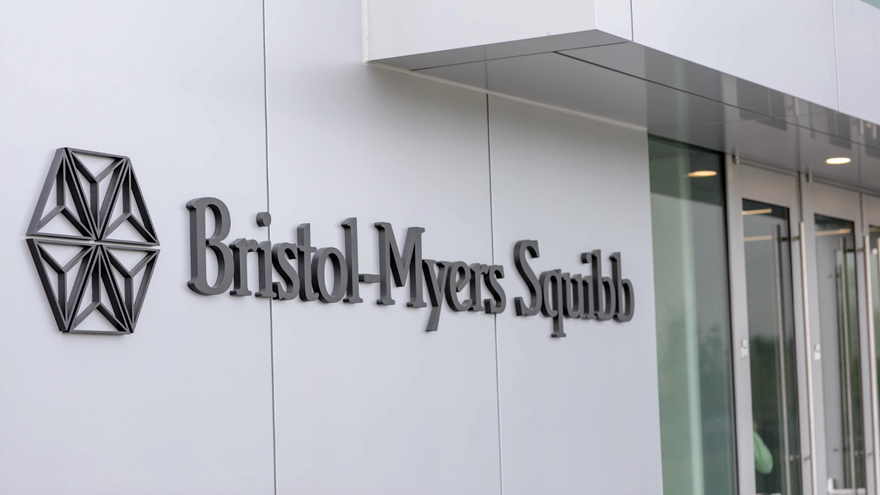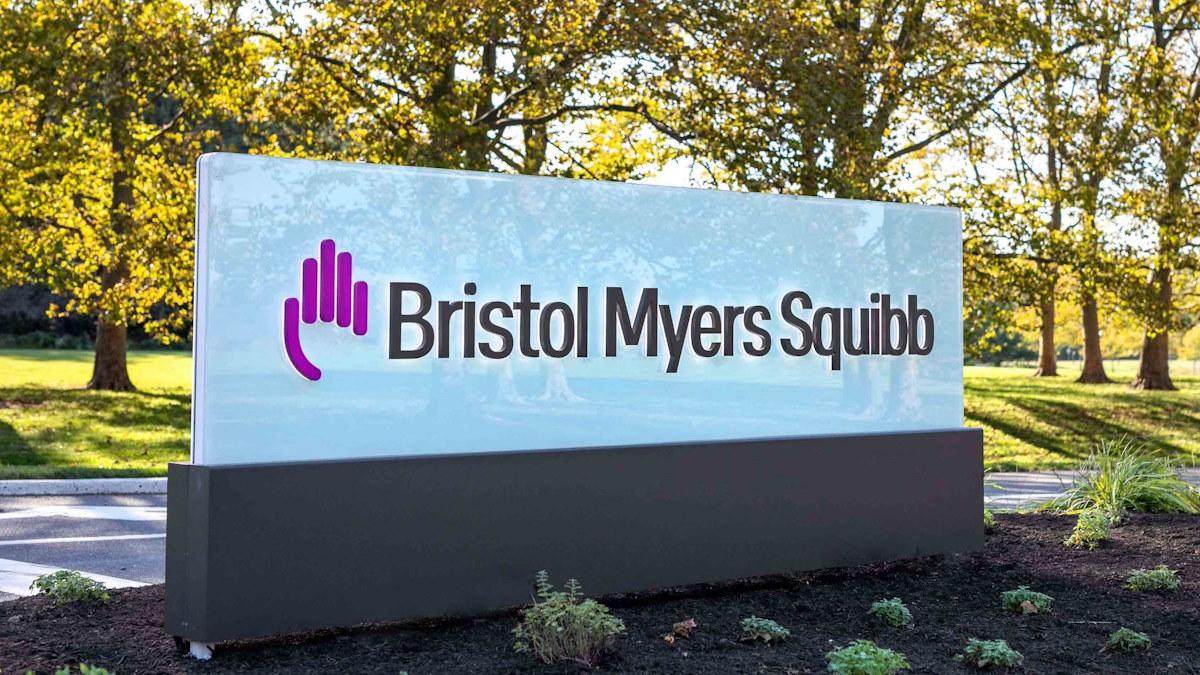FDA’s review date for BMS’ ide-cel sneaks under the CVR wire

The FDA has given a 27 March 2021 review date for Bristol-Myers Squibb’s multiple myeloma cell therapy ide-cel, just in time to meet a contingent value right (CVR) due to Celgene shareholders if there are no further delays.
Approval of the bluebird bio-partnered CAR-T is one part of a three-part, all-or-nothing wager between BMS and former shareholders in Celgene, which it acquired in a mega-merger last year.
The investors accepted a CVR to sweeten the $74 billion takeover deal with each Celgene share entitling the owner to a CVR of $9 – but only if three medicines are approved by the FDA by certain deadlines.
Those are ide-cel, another CAR-T called liso-cel for lymphomas, and multiple sclerosis drug Zeposia (ozanimod) which was cleared earlier this year.
The 27 March review date for ide-cel is now just four days before the cutoff point set out in the CVR of 31 March, so if the review is delayed even by a whisker – or indeed the CAR-T is rejected – the shareholders will miss out on a big pay-out estimated to be somewhere in the region of $6 to $7 billion.
The FDA has accepted ide-cel’s refiled marketing application after rejecting the CAR-T’s first filing in May, and is now embarking on a truncated, six-month priority review as a breakthrough therapy with a priority review.
If approved, it will be the first cell therapy for multiple myeloma, but not the first anti-BCMA treatment for the blood cancer. That distinction goes to GlaxoSmithKline’s antibody-drug conjugate (ADC) Blenrep (belantamab mafodotin), which was approved by the FDA in early August and since then has also been cleared in Europe.
While the short review gives the CVR a chance, ide-cel has been weighed down by issues with its chemistry, manufacturing and controls (CMC) data, which led to the earlier FDA rejection.
Liso-cel meanwhile has also run into delays, with the FDA giving itself a three-month extension on its review to 16 November of this year, around six weeks before the deadline of 31 December mandated by the CVR.
The regulatory delays facing both ide-cel and liso-cel have played havoc with the value of the CVR, which is currently hovering around the $2 mark and with the agency’s operations affected by the pandemic – particularly for manufacturing facility inspections – there’s concern that timelines may slip further.
BMS and Celgene arrived at the concept of a CVR for the three pipeline drugs mainly because they couldn’t agree a value on the assets during merger negotiations.
Meanwhile, competition to ide-cel is looming in the form of Johnson & Johnson’s CAR-T JNJ-4528, licensed from China’s Legend Biotech, which is due to be filed for approval by the end of the year.













